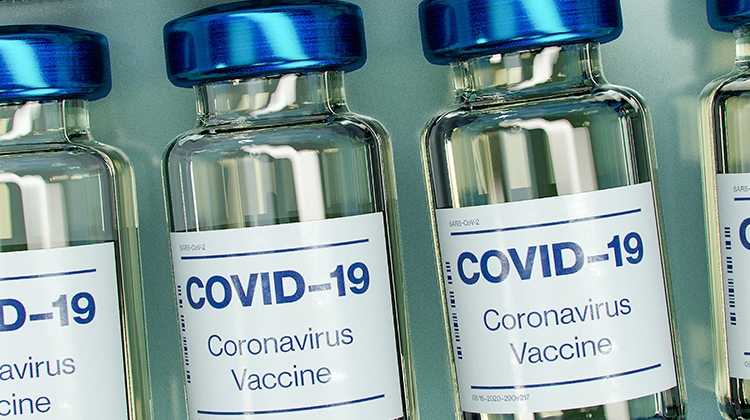As companies have implemented or begun to implement single-use, as part of appropriate due diligence, they need to consider the cost impact of single-use, including initial capital, maintenance and support, cleaning and disposal, and of course, lifecycle costs. Single-use has numerous benefits for manufacturing, ease of use, and maintenance. However, companies must have a clear understanding whether the cleaning and disposal of single-use products offer verifiable benefits. For instance, plastic single-use systems, including valves and instrumentation may have a lower capital cost than a similar system in stainless steel, however, stainless steel, if properly maintained, can last 30 years or more and would virtually eliminate the environmental impacts that single-use creates including disposal and handling charges. On the other hand, single-use may be more ideal for small batches, whereas stainless steel may be better for larger continuous manufacturing systems. These are all important considerations that planners need to take into account as they attempt to balance the benefits of single-use, environmental responsibility and cost considerations. This 2021 ISPE Aseptic Conference session will focus specifically on single-use technologies for gene and cell therapy facilities, while exploring its success within a sustainability framework.
In our first presentation, William (Bill) Whitford and Magali Barbaroux will investigate the impact of single-use with respect to proper cleaning, disposal, and handling, and how it relates to vaccine production, including Industry 4.0 and implementation of the 6R’s: rethink, reduce, reengineer, reuse, recycle and recover energy. Recent national initiatives and international organizational goals speak to the need to address sustainable vaccine manufacturing. Single-use based manufacturing technology provides unique health and safety benefits, while contributing a very small fraction of total plastic waste. Nevertheless, materials suppliers, engineers, architects, and vaccine manufacturers desire to further reduce single-use environmental burdens.
Both Bill and Magali have extensive experience with single-use technology, as Bill has been in the bioproduction industry for over 20 years and Magali has over 25 years of experience in polymer science for healthcare applications. Bill currently holds the position of Life Science Strategic Solutions Leader for DPS Group and Magali works for Sartorius Corporate Research managing the advanced Polymers related research programs, with a strong focus on environmental sustainability and opportunities brought by the New Plastic Economy in biotech process.
Our second presentation by Joe Neroni and Scott Bertch will discuss the unique nature of advanced therapy facilities with a focus on single-use applications in cell and gene therapy settings. The discussion will focus on the advantages and disadvantages of modular cleanrooms, single-use technologies, and flexible manufacturing in relation to these advanced therapies.
Joe has over 10 years of experience in leading and supporting cross-functional teams in Capital Projects, Medical Device, Validation in Pharmaceuticals, Biotechnology and Gene Therapy, and Aerospace. His current role is Director at Project Farma. Scott is currently Executive Director, Clinical Site Head at Tenaya Therapeutics. Scott has 25 years of experience in the pharmaceutical and biotechnology field specializing in the design, construction, automation, and validation of production facilities.
I believe this program along with the entire conference will offer a great opportunity for most of us to increase our knowledge, to discuss best practices, to gain new information, and to explore the pros and cons of this exciting industry trend. This year’s conference will undoubtedly offer valuable opportunities for interaction with industry professionals during the Q&A portion of this session, as well as the Regulatory Panel at the close of the conference, where attendees will be able to ask the FDA and other regulators for their guidance.
Marking its 30th Anniversary, the 2021 ISPE Aseptic Conference will be held on March 15th – 17th. This year’s virtual conference will offer attendees the ability to experience more of the conference than they would normally, since the entire conference will be recorded. The format of the conference has also been modified to provide shorter sessions, allowing attendees more time for interaction with the speakers, while also minimizing the impact on their workday. It is sure to be a truly impressive educational and networking event. You won’t want to miss it!!
Learn More & Register





